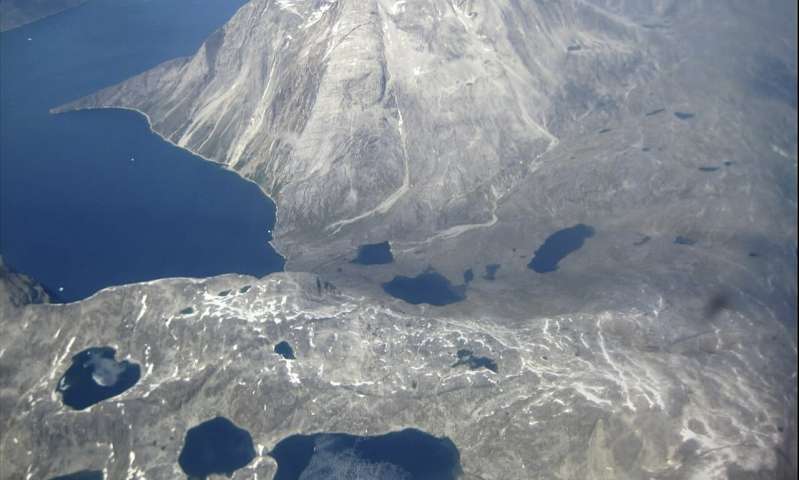As many people were looking forward to the weekend last
Thursday, Greenland experienced something it has never experienced in our
records. The glacier-covered island lost 12.5 billion tons of ice in one day.
Scientists in Greenland took videos of raging rivers of ice
melt and endless shallow seas of water on ice sheets. Meteorologists, climate
scientists, and geologists all combined data to determine the exact extent of
melting on the island and where it sat with regards to the world record of ice
melt on Greenland.
Climate Scientist Martin Stendel calculated that the amount
of ice melt last Wednesday and Thursday was enough to cover the entire state of
Florida in five inches of water.
The loss of 12.5 billion tons of ice in 24 hours was the
largest since advance measurements began in 1950. Looking over the entire
island, about 60% of the entire island's surface ice experienced melting during
those days. With elevations as high as 12,000 feet and the latitude equivalent
to the high northern Canadian Arctic, it is surprising that such a large
portion of the island reached melting temperatures.
Many of you remember the record-breaking heatwave in July in
Europe. Dozens of records were broken during this event with Paris reaching 109
degrees F. This same heatwave migrated to Greenland and caused temperatures on
the island up to 30 degrees above average for this time of the year.
It is well documented by NASA and many others that high
latitudes like the Arctic are warming twice as fast as the tropic. This rapid
warming is causing a positive feedback loop. The more warming in the Arctic the
more melting. This melting, in turn, causes the landscape to turn from the
reflective white ice/snow to sunlight absorbing dark basalts and granites. This
means the more ice melts the more it will push the local temperature warmer.
In total, 197 billion tons of ice melted this past month,
pouring the equivalent amount of water into the Atlantic Ocean. It was enough
water that satellites picked up on the change in global average sea levels from
just one month of melt. While these are summer months in Greenland, ice melt
has never been this significant and the addition of ice during the winter
months won't overcome the massive loss we've seen this summer and in recent
summers.
What is increasingly clear is that these headlines of
record-breaking heat, never before seen melting in the Arctic and unprecedented
storms are becoming the new normal for our planet. As we continue to see Earth
change and we notice our local communities change we are forced to both adjust
to the new normal and take a step back to evaluate how and if we will play a
role as stewards on this planet.

Comments
Post a Comment